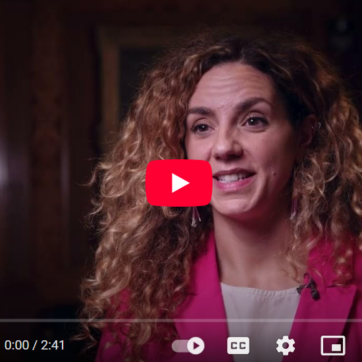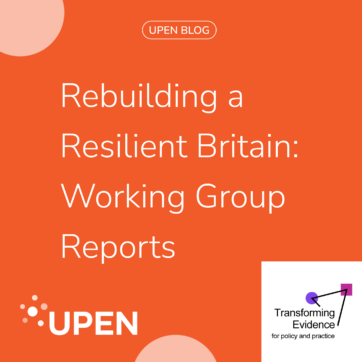This submission is from the Universities Policy Engagement Network (UPEN), a network of 30 UK universities who are working together to improve dialogue between academics and policymakers and to increase the public policy impact from their institutions’ research portfolios.
UPEN offers a dedicated contact point for policy professionals, and a collective response to requests for evidence. It organises knowledge exchange events with government, parliament, devolved bodies, and identifies mechanisms to take forward specific projects. UPEN is also developing best practice amongst universities in policy engagement activities, and will act as a champion for this relatively new role within universities. More details about UPEN can be found at: www.upen.ac.uk .
Our response focuses on the “Witness, evidence and select committee powers” section of the terms of reference, and in particular on the following questions:
- Are committees getting the right evidence? What barriers are there to select committees getting the information they need?
- What more can be done to encourage witness diversity and wider public engagement?
Are committees getting the right evidence? What barriers are there to select committees getting the information they need?
Academics at UK universities should be a key source of expertise for Committees. Whilst many inquiries receive academic evidence, the 2017 report from the Parliamentary Office of Science and Technology “The Role of Research in the UK Parliament” found that academic research was poorly represented in terms of written and oral evidence. This was due to common barriers, such as time constraints, poor communication and presentation of research, provision of research that was not relevant, and a lack of knowledge and understanding on both the academic and parliamentary side. These barriers mean that Committees are not always getting the right evidence.
Individual universities are already involved in helping to overcome these barriers. Each UPEN university, for example, has a person or team with some role in helping academic researchers engage with Parliament, including Select Committees. This role can include:
- Monitoring inquiries and matching the needs of Parliament with the expertise in their own institution, identifying academics who could make important contributions.
- Working with academics to prepare written submissions that communicate clearly the evidence and expertise which is relevant to the inquiry.
- Actively recommending to Committee Clerks and Committee Specialists academic experts they may wish to call for oral evidence.
- Providing training to witnesses before they appear to give oral evidence.
- Monitoring Committee reports to see which evidence provided has been used and quoted in the report.
There is more that UPEN could do to help reduce the barriers and support Select Committees to get the right evidence. These could include:
- Providing to Committees recommendations of academics with relevant expertise, either to call for oral evidence, or to act as Committee Specialists for particular inquiries. This could be particularly helpful to widen the pool of experts who contribute evidence.
- Helping to shape the right questions to reduce any ambiguity and ensure the Committee get evidence which is relevant.
- Supporting a critical look at the evidence presented in draft reports, before they are published.
- Advising on how best to credit the evidence which has been provided, providing incentives for academic researchers to invest the time to provide evidence.
- Providing venues for fact-finding visits or for hosting select committee evidence sessions. For example, the Communities and Local Government Committee and the Transport Committee have held inquiry sessions facilitated by Policy@Manchester, part of the University of Manchester.
UPEN is also able to provide a new route of access for Parliament to discuss with universities how to make improvements to tackle these barriers. UPEN already collaborates with the Parliamentary Office of Science and Technology on some of these issues.
UPEN could also play an important role in raising the profile of Select Committee outputs amongst the academic community, which will also contribute to a greater understanding of the work of Select Committees amongst universities, and help secure academic expertise in future inquiries.
What more can be done to encourage witness diversity and wider public engagement?
We believe that UPEN could provide a useful role in increasing the diversity of academic witnesses. Because each member of UPEN has a policy brokerage function, they will know their own pool of academics well. Support from UPEN could help to identify relevant witnesses from under-represented groups, such as women, BME groups, persons with disabilities, and younger researchers.
UPEN members are geographically located all over the UK and from a range of different university mission groups. Individual members already work with Select Committees to help arrange and host regional visits, roundtable discussions, etc, and will continue to do so. By working with several universities in the same geographical region, UPEN can increase further the diversity of witnesses who might participate in such regional visits.


